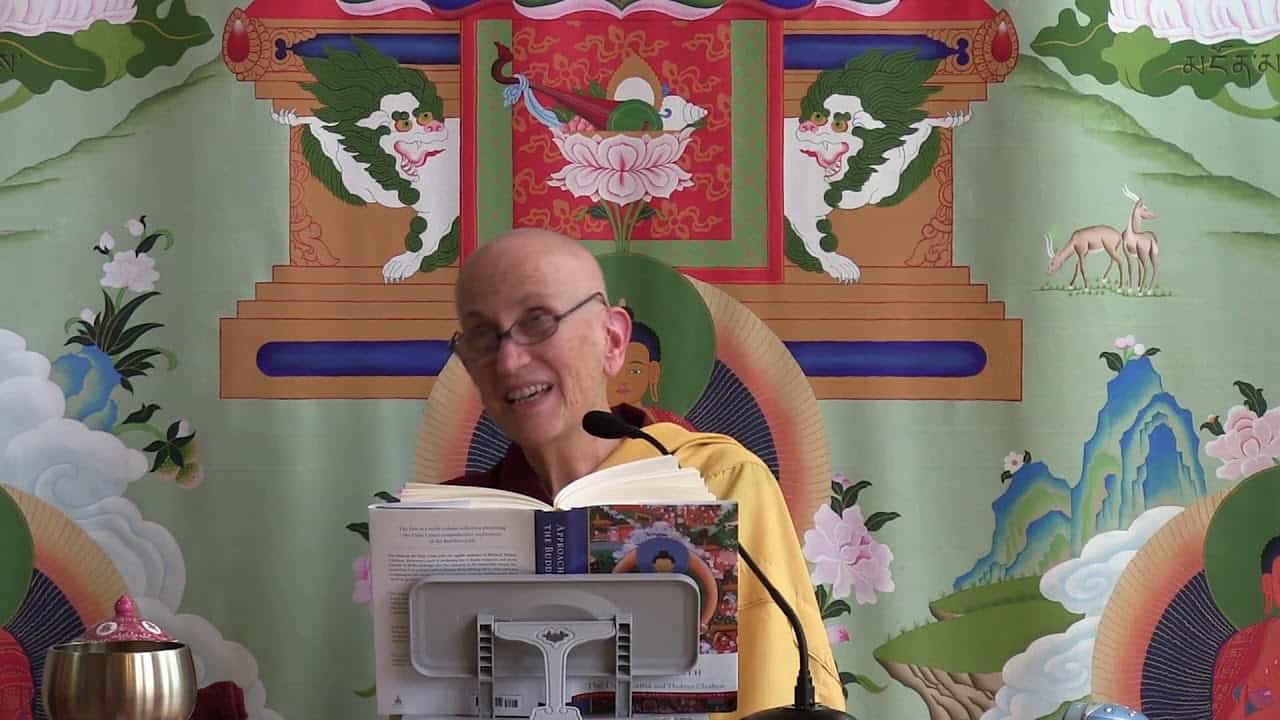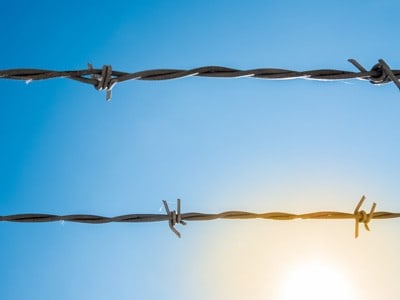Ingratitude
Ingratitude

George, a student of the Dharma, asks Venerable Chodron to help him deal with perceived ingratitude from others.
Dear Venerable Chodron,
I hope you are well. I would like to hear your opinion on one question: What is the best way to deal with the hurt coming from perceived ingratitude? For me, this hurt goes very deep each time. My inner response is often to withdraw as much as possible. I know high bodhisattvas would not expect gratitude. Well, guess I am not one of them (yet). I feel I cannot just deny that hurt. There is also the element of powerlessness in it, because if I often try to explain to the respective person my feelings, they won’t accept it. I get to hear things like “Oh, you should not be so sensitive,” etc. So I also stop talking and feel lonely in my pain. I try to motivate myself every day to be of benefit to others, but ingratitude is the hardest part, I think. Thank you so much upfront for your advice.
George
Dear George,
I’m sorry to hear that you’re experiencing so much pain. Ingratitude is difficult when we’ve cared about someone and helped them. I think this kind of pain is common—there’s a whole verse about it in The Eight Verses of Mind Training:
When someone I have benefited
And in whom I have placed great trust
Hurts me very badly,
I will practice seeing that person as my supreme teacher.
So you’re not alone in your misery. I think everyone has experienced this at one time or another in their life. I have.
Here are a few things that I discovered when this has happened to me.
- I had a lot of expectations about the relationship that I didn’t check out with the other person. Solution: have fewer unrealistic expectations and check the expectations I do have with the other person to see if they agree.
- Even when I had checked the expectations with the other person and they agreed, they didn’t follow through. Solution: remember that circumstances change and people change their minds. I have a new phrase: “Sentient beings do what sentient beings do.” That is, sentient beings are under the control of afflictions and karma, so I shouldn’t expect them to be predictable, to communicate well, or to keep all their promises. They’re not Buddhas. They make mistakes; they are self-centered. So am I, so how can I fault them?
- And the big thing I learned was that I don’t really need their gratitude. It’s not that I reject gratitude, but when people are grateful they are the ones who benefit because they have a virtuous mind. But their gratitude doesn’t benefit me in terms of the things that are most important to me: Their gratitude doesn’t get me closer to buddhahood, it doesn’t help me realize emptiness or generate bodhicitta, it doesn’t give me long life or good health, it doesn’t help me meet qualified Mahāyāna and Vajrayana spiritual mentors; it doesn’t make me a kinder person. Really their gratitude doesn’t do much for me. Also, I don’t need their gratitude to feel good about myself. My acting with a good intention is good enough. I don’t need other people to praise me because I know already that what I did was good, and I rejoice in my own virtue.
Hope this helps.
Venerable Chodron
A few days later, George replied:
Dear Venerable Chodron,
Thank you so much for your advice, which was so helpful to me! When I found it in my mailbox Saturday morning, it brightened my day.
All that you wrote was so helpful, but especially the last point—that I am not dependent on anyone’s gratitude to know what I did was good. It is strange how I divide things: regarding my Dharma practice it would be strange to expect gratitude. Whether you do sadhana practice or prostrations or whatever, it would be an awkward thing to go to someone and expect them to be grateful (like “I just wanted to tell you that I dedicated for your enlightenment, aren’t you happy that I did that?”). If I don’t expect gratitude for Dharma practice, why would I expect it for worldly activities? My other activities should be motivated by bodhicitta anyhow. Reflecting about that point really helped to untie my thoughts and emotions.
In addition to your quote from the Eight Verses of Mind Training, I also looked up The Wheel of Sharp Weapons. The verse that struck me is in your book Good Karma on page 102:
When all the good I have done turns out badly,
It is the weapon of destructive karma returning upon me
For repaying others‘ kindness with ingratitude;
From now on I will respectfully repay others‘ kindness.
It made me reflect about the many times when I was ungrateful for others‘ kindness in the past.
Venerable Thubten Chodron
Venerable Chodron emphasizes the practical application of Buddha’s teachings in our daily lives and is especially skilled at explaining them in ways easily understood and practiced by Westerners. She is well known for her warm, humorous, and lucid teachings. She was ordained as a Buddhist nun in 1977 by Kyabje Ling Rinpoche in Dharamsala, India, and in 1986 she received bhikshuni (full) ordination in Taiwan. Read her full bio.


